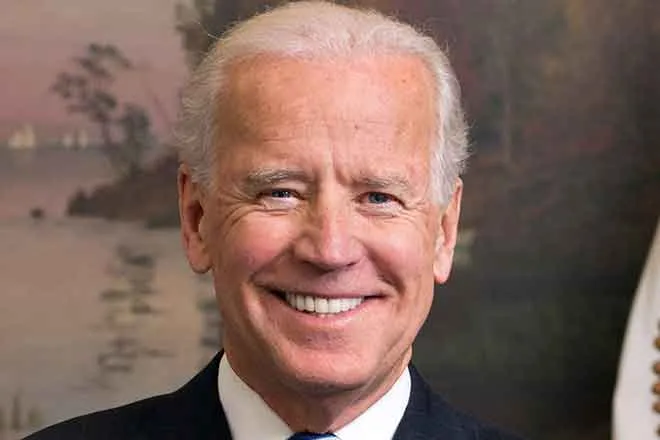
Pro-Democracy Group: Regulators should say "no dice" to election betting
(Wisconsin News Connection) Almost a year before the 2024 election, the question of whether bets should be allowed on congressional races is being debated. The idea has civic-engagement groups worried.
A little-known government agency is playing a key role in deciding whether gambling and elections should mix. The Commodity Futures Trading Commission has been asked by the trading platform Kalshi to allow such bets through so-called "event contracts." They'd be limited to betting on which party will control Congress in future elections.
However, Stephen Spaulding, vice president for policy at the group Common Cause, said this would put even more pressure on the health of democracy in current political environment.
"This opens up a significant risk to the perception that the winners and losers of an election are not determined by voters, but by those who stand to gain financially," he said.
Common Cause has sent a filing to the commission, asking that it reject the proposal. Leadership with the House Task Force on Strengthening Democracy issued a similar request.
Supporters of the idea have said the forecasting could help small businesses protect their interests while benefiting researchers. However, Spaulding said the world of politics is still reeling from the 2010 Citizens United ruling by the U.S. Supreme Court. When you add gambling to the equation, he said, big spenders could hold sway over the process in an even bigger way.
"You can imagine a situation where an entity that is now able to spend money on elections post-Citizens United then places an enormous wager on the outcome of the election," he said, "and also funnels resources through Super PACs or other dark money vehicles to influence the outcome of an election."
Last year, Kalshi sought CFTC approval for bets to be placed on the 2022 midterms, but it ultimately withdrew its plan when commission staff raised concerns and recommended rejecting the proposal.
Support for this reporting was provided by Carnegie Corporation of New York.

















